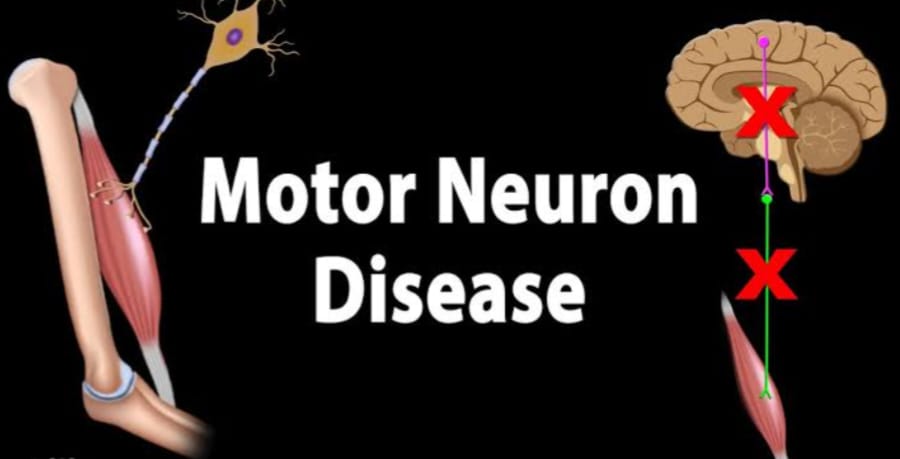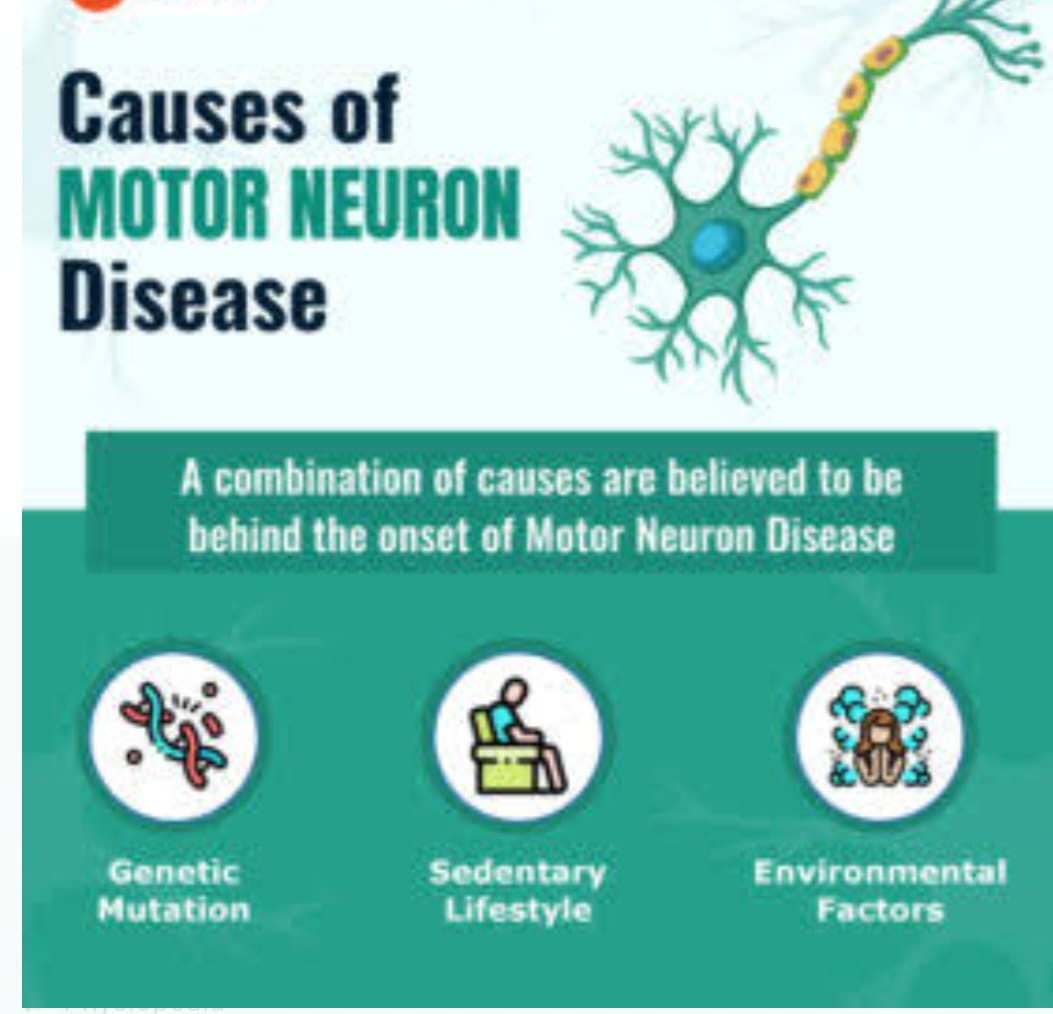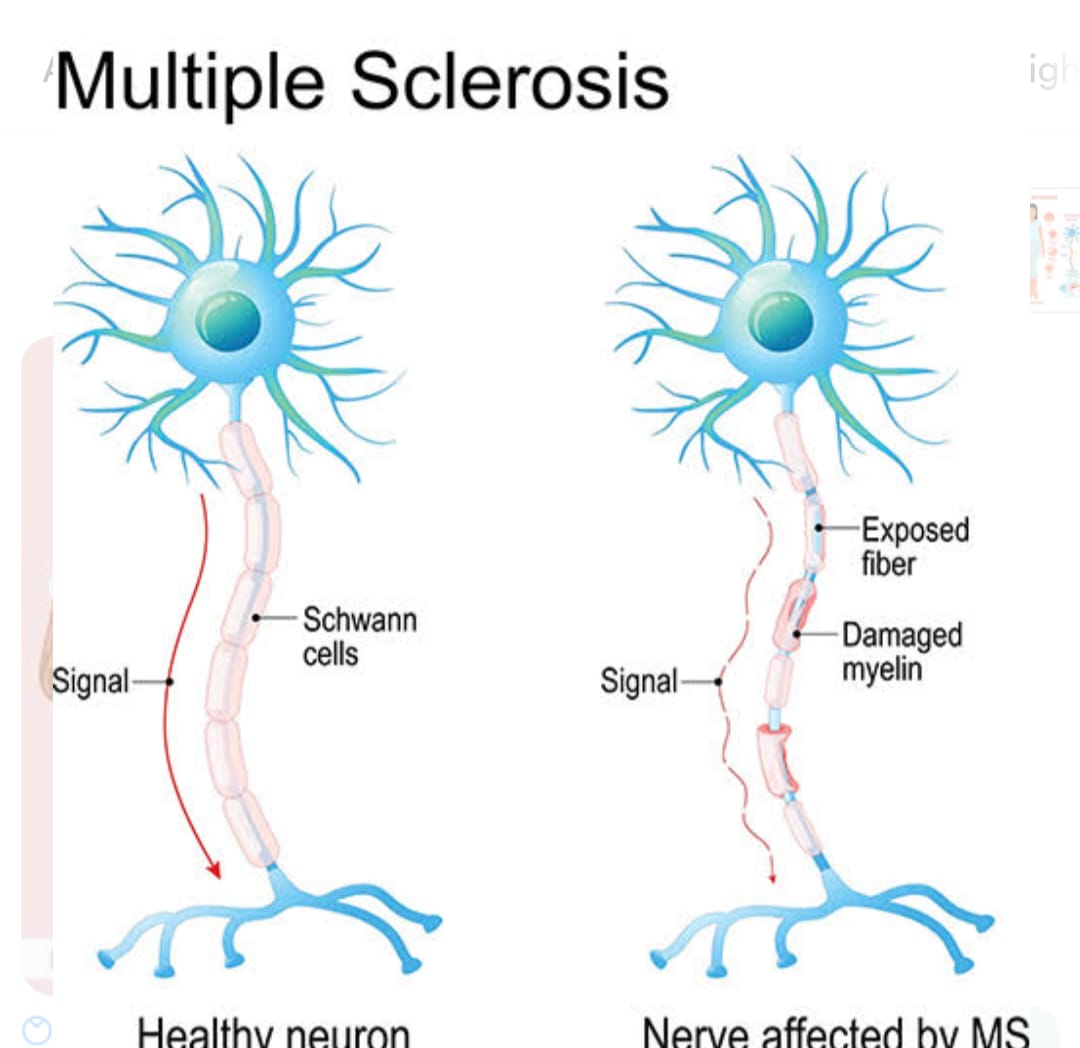Motor Neuron Disease
The motor neuron diseases (MNDs) are a group of progressive neurological disorders that destroy cells that control essential muscle activity such as speaking, walking, breathing, and swallowing.
Normally, messages from nerve cells in the brain (called upper motor neurons) are transmitted to nerve cells in the brain stem and spinal cord (called lower motor neurons) and from them to particular muscles. When there are disruptions in these signals, the result can be gradual muscle weakening, wasting away, and uncontrollable twitching. Eventually, the ability to control voluntary movement can be lost. MNDs may be inherited or acquired, and they occur in all age groups.
In adults, symptoms often appear after age 40. In children, particularly inherited or familial forms of the disease. Symptoms can be present at birth or appear before the child learns to walk. The causes of sporadic (noninherited) MNDs are not known, but environmental, toxic, viral, or genetic factors may be implicated. Common MNDs include amyotrophic lateral sclerosis (ALS), progressive bulbar palsy, primary lateral sclerosis, and progressive muscular atrophy. Other MND includes the many inherited forms of spinal muscular atrophy and post-polio syndrome, a condition that can strike polio survivors decades after their recovery from poliomyelitis.
Symptoms:
•Difficulty breathing
•Difficulty swallowing
•Head drop due to weak spinal and neck muscles
•Muscle cramps
•Muscle weakness that slowly gets worse
•Commonly involves one part of the body first, such as the arm or hand
•Eventually leads to difficulty lifting, climbing stairs, and walking
•Paralysis
•Speech problems, such as a slow or abnormal speech pattern
•Voice changes, hoarseness
Additional symptoms that may be associated with this disease:
•Drooling
•Muscle contractions
•Muscle spasms
•Ankle, feet, and leg swelling
•Weight loss
Investigations:-
•Electromyogram.
•Nerve conduction study.
•MRI.
•Blood and urine tests.
•Muscle biopsy.
Homoeopathic Treatment:
Homoeopathic medicines have been very beneficial in MND. Very good results can be obtained, where the quality of life have been improved tremendously. Fasciculation, Muscular coordination in spasticity has been restored.
In general patients have been able to get up and move about also after the Homoeopathic treatment. Homoeopathic medicine is strongly recommended in MND.
The food and drug administration (FDA) has approved homeopathic medicine,considering as very effective in MND.



